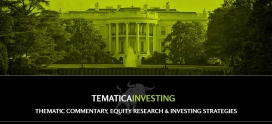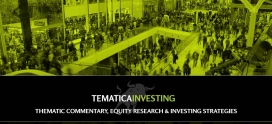Yes, driverless cars will learn to hate us human pedestrians too $VW $GOOGL $TSLA
We’ve shared here in Thematic Signals our view that the tipping for the driverless car is near. It’s quite simple really, the Millenials are driving less and fewer are even getting a license, let alone a car; while the baby-boomers are aging and giving up the keys (are having them ripped out of their bloody hands by the Gen X kids) due to declining motor skills and eyesight.
So the technology as we see it is in what we would consider the refinement stage. Actually driving the car has been done, and done well. Just ask Audi, Google and Tesla among others. No, where we are is what to do when the hipster biker hops a curve and zooms through a 4-way stop intersection with his beard blowing in the wind giving everyone the middle finger salute? Or, how to handle the zipper-merge with angry drivers refusing to let the stupid driverless car in (we’ll show that computer!!!!). As humans, we know that the only response is to return the salute, honk the horn and force our way in. But what would the computer do?
See, when we get to this stage, we’re talking real world stuff, and the technology becoming real.
The company is leaning on a technology called deep learning, a machine-learning technique that has gained wide popularity among Silicon Valley firms. It is used for a variety of tasks, like understanding human speech and improving the ability to recognize objects in computer vision systems.
Source: How Driverless Cars May Interact With People – The New York Times




